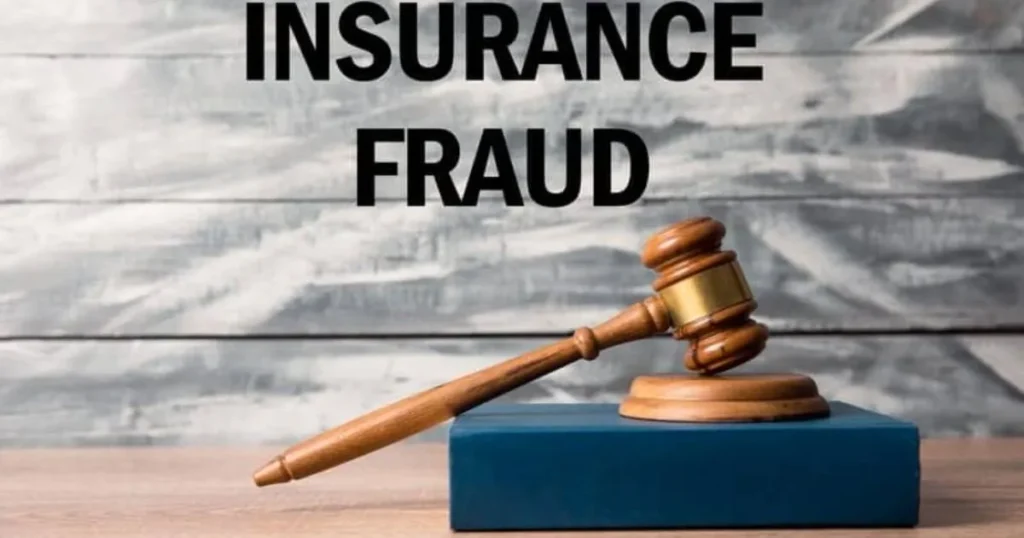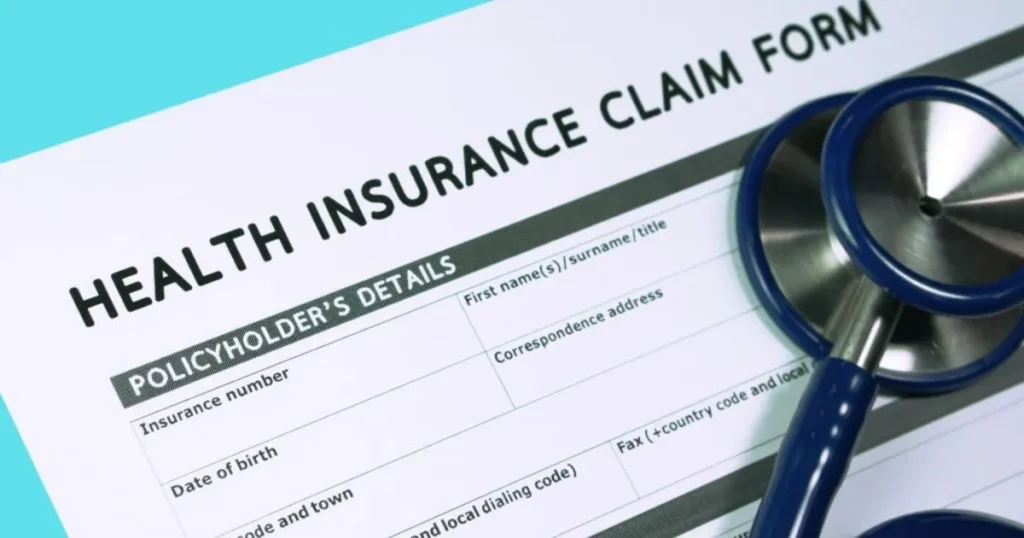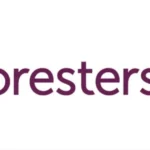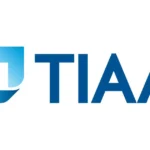“Insurance dishonesty can lead to serious consequences for both policyholders and companies.”
Insurance dishonesty occurs when individuals or companies provide false or misleading information during an insurance process. It can result in claims being denied or even criminal charges. In this article, we will cover different forms of dishonesty in insurance, how it impacts policyholders and insurers, and steps to avoid it.
Introduction to Insurance Dishonesty
Insurance dishonesty involves giving incorrect information to gain financial benefits from insurance companies. This can be intentional or unintentional. Many cases arise from fraud or exaggeration of claims. The goal of this report is to shed light on how dishonest acts affect the industry and provide preventive measures.
Understanding Insurance Fraud

What is Insurance Fraud?
Insurance fraud is when false claims or information are given to get undeserved payouts. This affects both companies and honest customers. It can take many forms, such as faking accidents or injuries.
Types of Insurance Fraud
There are two main types: soft fraud and hard fraud. Soft fraud includes minor exaggerations, while hard fraud is planned, like staging accidents or theft.
The Cost of Dishonesty in Insurance
Impact on Policyholders
Dishonesty increases premiums for everyone. Insurance companies raise prices to cover losses from fraud, impacting honest customers. This can make insurance unaffordable for some.
Financial Impact on Insurers
Insurance companies lose billions due to fraud every year. These losses lead to higher operating costs, which are passed down to policyholders through increased premiums.
Common Forms of Insurance Dishonesty
Exaggerating Claims
One of the most common forms of dishonesty is exaggerating the value of a claim. This could involve inflating the cost of repairs or adding unrelated damages.
False Information on Applications
Some people provide false information during the application process, such as lying about their driving record or health conditions, to get lower premiums.
Detecting Dishonesty in Claims
Use of Technology in Fraud Detection
Insurance companies use technology like AI and data analysis to detect fraud. These tools help flag suspicious claims and reduce the time taken to process genuine claims.
Role of Investigators
Insurance companies often hire investigators to look into suspicious claims. They check if the information provided is accurate and consistent with the evidence.
Legal Consequences of Insurance Dishonesty
Civil Penalties for Dishonesty
Those found guilty of insurance dishonesty may face civil penalties, including fines and denial of claims. These penalties depend on the severity of the dishonesty.
Criminal Charges for Fraud
In more severe cases, individuals can face criminal charges, including jail time, for fraud. Insurance fraud is taken seriously by law enforcement.
USAA Renters Insurance Review
How to Avoid Insurance Dishonesty
Honesty During Applications
Always provide truthful information when applying for insurance. Any dishonesty can lead to future claims being denied. It’s important to disclose all relevant details.
Accurate Claims Reporting
When filing a claim, make sure all information is accurate. This ensures faster processing and avoids legal consequences for dishonesty.
How Insurers Combat Dishonesty
Insurance Company Investigations
Insurance companies investigate suspicious claims to combat dishonesty. This involves reviewing claim details, interviewing witnesses, and inspecting damages.
Educating Customers
Many insurers now focus on educating customers about the consequences of dishonesty. They provide resources and tips on how to avoid mistakes in claims and applications.
Ethical Practices in Insurance
Importance of Transparency
Transparency is key to building trust between customers and insurers. Both parties must act honestly to ensure fair dealings.
Encouraging Ethical Behavior
Insurance companies encourage ethical behavior by providing incentives for honest customers, such as discounts for clean claims records.
Consequences of Insurance Dishonesty on Reputation
Damage to Personal Reputation
Getting caught for dishonesty can damage your personal reputation. It may make it harder to obtain future insurance or result in higher premiums.
Impact on Industry Trust
Dishonesty weakens trust in the insurance industry. This leads to more regulations, which can make the process longer and more complicated for everyone.
Insurance Dishonesty in Health Insurance

Falsifying Health Information
In health insurance, dishonesty often involves lying about pre-existing conditions. This can lead to denied coverage or increased premiums.
Consequences of Fraud in Health Insurance
Health insurance fraud can result in serious consequences, including criminal charges. It also leads to higher healthcare costs for everyone.
Auto Insurance and Dishonesty
Common Auto Insurance Frauds
Auto insurance dishonesty includes staged accidents, exaggerated damages, or faking injuries. These acts raise costs for all drivers.
How Auto Insurers Detect Fraud
Auto insurers use crash data, witness statements, and surveillance to detect fraud. They also analyze driving records to ensure accuracy in claims.
Homeowners Insurance and Dishonesty
Falsifying Claims for Property Damage
Homeowners may exaggerate or create false claims for property damage. This can result in claim denial and legal action.
Impact on Homeowners Insurance Rates
When fraud occurs, insurance companies increase rates to recover losses, affecting all homeowners. Honest policyholders bear the cost.
Life Insurance Dishonesty
Falsified Medical Records in Life Insurance
Dishonesty in life insurance often involves falsifying medical records. This can lead to policy cancellation or claim denial.
Legal Consequences in Life Insurance Fraud
Life insurance fraud is treated seriously and can result in civil and criminal penalties. It affects not only individuals but also their beneficiaries.
The Future of Insurance Fraud Detection
Advancements in Fraud Detection Technology
Technology is playing a huge role in the fight against it. AI, machine learning, and data analytics help companies detect fraud faster.
Importance of Ongoing Education
Educating policyholders about the consequences of fraud is essential. The more people understand the risks, the less likely they are to engage in dishonest behavior.
Preventing Dishonesty in Insurance
Steps Policyholders Can Take
To avoid dishonesty, always provide truthful information and double-check details when filing claims. Accurate reporting speeds up claim processing.
Role of Government in Fraud Prevention
Governments can help prevent fraud through regulations and public awareness campaigns. These efforts encourage honesty in the insurance process.
FAQs
What is insurance dishonesty?
It involves providing false or misleading information to gain financial benefits.
What are the penalties for insurance fraud?
Penalties include civil fines, claim denial, and possible criminal charges, depending on the severity.
How does insurance dishonesty affect premiums?
Dishonesty raises costs for insurance companies, which leads to higher premiums for all policyholders.
What is soft fraud vs. hard fraud?
Soft fraud involves minor exaggerations, while hard fraud involves deliberate, planned dishonesty like staged accidents.
Can insurance companies detect fraud easily?
Yes, insurers use technology like AI and investigations to detect fraudulent claims.
Conclusion
Insurance dishonesty is a serious issue with far-reaching consequences. From inflated claims to outright fraud, dishonesty drives up costs for both insurers and policyholders. It can lead to legal consequences, higher premiums, and damaged reputations. Both individuals and insurance companies must work together to promote honesty.










